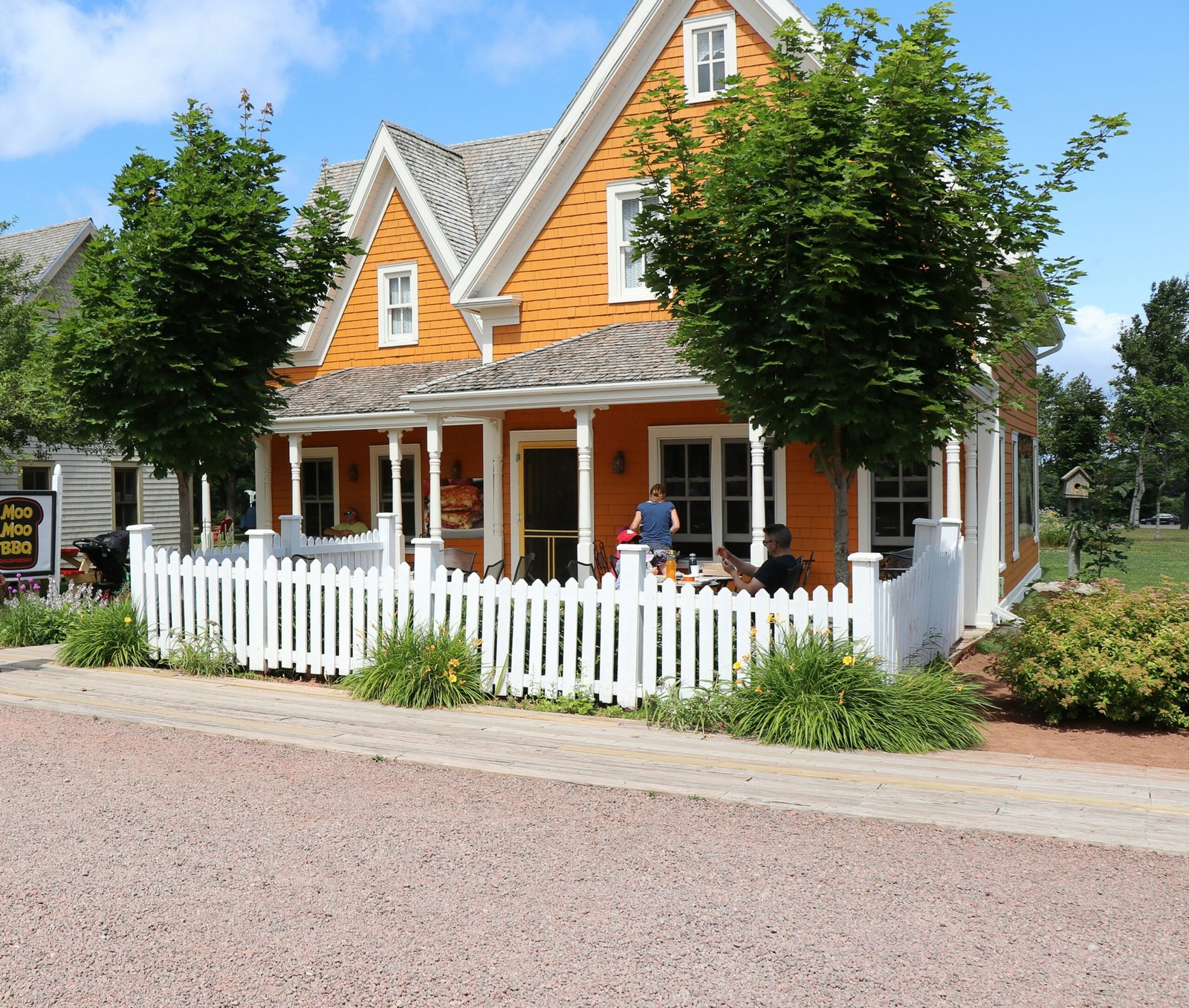
How Much Does It Cost to Own a Shar-Pei?
Introduction to Owning a Shar-Pei
The Shar-Pei is a unique and fascinating breed known for its distinctive wrinkled skin and loyal nature. However, prospective owners often wonder about the financial commitment required to own one of these dogs. This blog post aims to provide a comprehensive overview of the costs associated with owning a Shar-Pei.
Initial Purchase Price
The initial cost of acquiring a Shar-Pei can vary significantly depending on the breeder, location, and lineage of the dog. On average, you can expect to pay anywhere from $800 to $2,000 for a Shar-Pei puppy. Puppies from champion bloodlines or with rare colorations may cost even more.
Healthcare and Veterinary Costs
Shar-Peis are prone to certain health issues, including skin infections, hip dysplasia, and entropion (a condition where the eyelids roll inward). Regular veterinary visits are essential to maintain their health. Annual veterinary costs, including vaccinations, check-ups, and preventive medications, can range from $300 to $600. Additionally, be prepared for potential emergency expenses, which can add up quickly.
Food and Nutrition
Feeding a Shar-Pei a balanced and nutritious diet is crucial for their overall well-being. High-quality dog food typically costs between $50 and $100 per month, depending on the brand and specific dietary needs of your Shar-Pei. Treats and supplements may add an extra $10 to $20 monthly.
Grooming and Maintenance
Shar-Peis have short coats but require regular grooming to keep their skin healthy. Grooming costs, including bathing, brushing, and nail trimming, can range from $30 to $60 per session if done professionally. Investing in grooming tools and doing it yourself can save money in the long run.
Conclusion
Owning a Shar-Pei involves various expenses, from the initial purchase price to ongoing healthcare, food, and grooming costs. On average, you can expect to spend between $1,500 and $3,000 annually on maintaining your Shar-Pei’s health and well-being. It’s essential to budget accordingly and be prepared for any unexpected costs that may arise.
American Dingo animal behavior Budget Tips canine behavior Canine Care Canine Health Dehydration dog age dog behavior Dog Breeds dog care Dog Care Tips dog exercise dog flea treatment Dog Food Dog Grooming dog health dog nutrition dog ownership Dog Sleep Tips Dog Training Dog Wound Care Family Pets First Aid Giardia Prevention Healthy Pets Hunting Dogs newborn puppy care Parasites in Dogs Pet Care Pet Care Tips Pet Health Pet Safety pet tips pet training Positive Reinforcement Potty Training prevent flea bites Puppy Care puppy health Puppy Training Rabies in Dogs Training Tips veterinary advice Veterinary Care
-
 How to Tell If Your Dog Has a Broken Bone
5 views
How to Tell If Your Dog Has a Broken Bone
5 views -
 Which is the best way to keep a small dog
4 views
Which is the best way to keep a small dog
4 views -
 Detailed methods for raising Tosa dogs
3 views
Detailed methods for raising Tosa dogs
3 views -
 How to Tell if Your Dog is in Pain: Key Signs and Symptoms
3 views
How to Tell if Your Dog is in Pain: Key Signs and Symptoms
3 views -
 Understanding Why Dogs Lick Their Owners’ Privates
3 views
Understanding Why Dogs Lick Their Owners’ Privates
3 views -
 How to Clean a Dog’s Wound: A Step-by-Step Guide
3 views
How to Clean a Dog’s Wound: A Step-by-Step Guide
3 views -
 Why Do Dogs Eat Rabbit Poop?
3 views
Why Do Dogs Eat Rabbit Poop?
3 views -
 How to Use an Ehmer Sling: A Comprehensive Guide
3 views
How to Use an Ehmer Sling: A Comprehensive Guide
3 views -
 Why Do Dogs Lay in the Sun? 6 Possible Reasons
3 views
Why Do Dogs Lay in the Sun? 6 Possible Reasons
3 views -
 Why Do Dogs Chase Cats? Understanding the Age-Old Rivalry
3 views
Why Do Dogs Chase Cats? Understanding the Age-Old Rivalry
3 views










Leave a Reply
You must be logged in to post a comment.